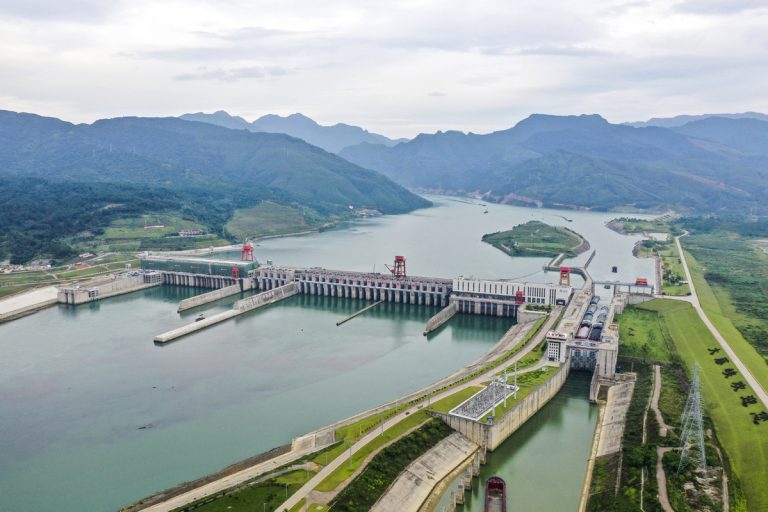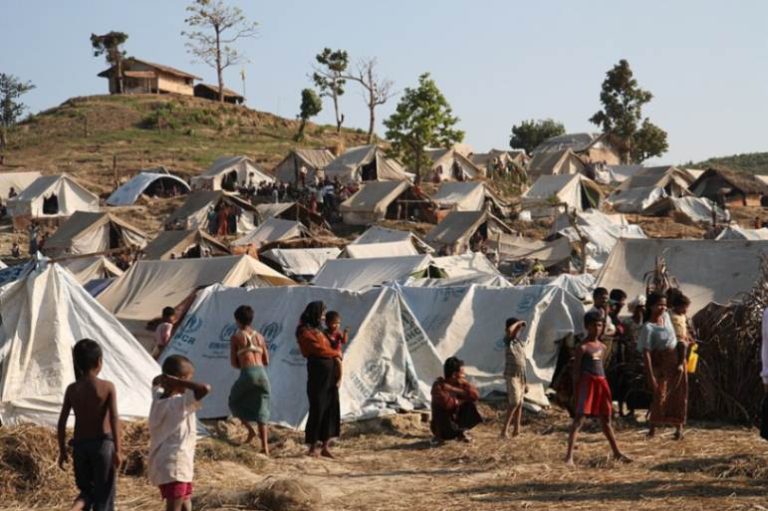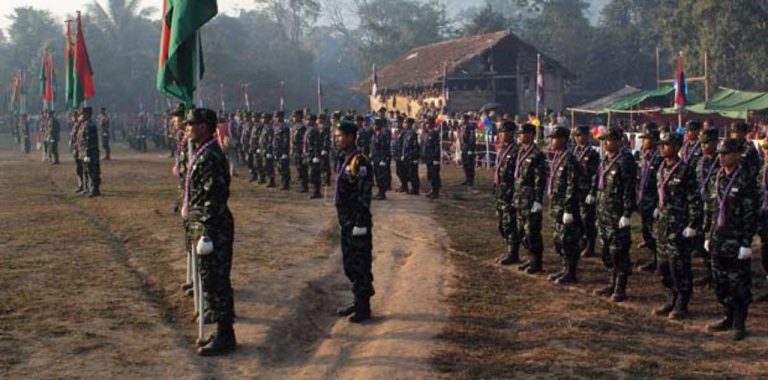
There is a widespread misconception that an attack on the Chinese anywhere in Pakistan can undermine the renowned China-Pakistan Economic Corridor (CPEC). However, it is crucial to explore what causes these attacks. The motives behind such attacks vary significantly. Firstly, certain state actors and non-state actors oppose the full materialization of CPEC projects as they perceive it to be detrimental to their wider interests. Secondly, genuine concerns persist within the local population, particularly in the port city of Gwadar, which serves as the heart of the corridor. The issue of limited access to clean drinking water in Gwadar underscores the prevailing apprehensions regarding CPEC among locals. These apprehensions foster skepticism towards the Chinese presence and CPEC projects in the port city, which could potentially hinder the progress of CPEC initiatives. Additionally, such sentiments may inadvertently align locals as indirect sympathizers to those who oppose Chinese presence in Pakistan.
Thirdly, there is fear among locals of becoming a minority in their own hometown due to planned massive migrations to the port city in the future. These reasons contribute to a favorable environment for propaganda suggesting that the Chinese are unwelcome in Pakistan, even for developmental purposes. This piece aims to delve into these reasons and propose a feasible course of actions for the future.
Gwadar is an important area for CPEC as it is located on the southern coast by the Arabian Sea and on focal point for various CPEC projects. It is in direct connection to China’s Kashgar Route providing an alternative trade route to bypass the narrow Strait of Malacca. The port city also has the potential to be a trade route for the landlocked countries of the Central Asian Republics (CARs) and a more efficient trade route for the South Asian Association for Regional Cooperation (SAARC) member states. Iran, Afghanistan and even India and the US can also benefit from the port city as establishing industries along the route of CPEC can add value to raw materials and produce finished goods that can be sold to the CARs.
Moreover, Gwadar can play a pivotal role by offering an alternative trade route to the Strait of Hormuz. An oil refinery, established through collaboration between the Organization of the Petroleum Exporting Countries (OPEC) and China, could serve this purpose effectively. The port city, along with the rest of the coastline of Pakistan, also possesses all the qualities of becoming a giant in the Blue Economy. It encompasses different maritime sectors, from aquaculture to offshore oil and gas exploration, with its extensive coastline it offers great opportunities for various maritime and coastal activities which include oil and gas reserves within its Exclusive Economic Zone (EEZ).
The mentioned potentials of Gwadar have given it great fame and its increasing importance has made it attractive not only for those who want its development but also for those who are skeptical about Pakistan’s potential progress and China’s active role in CPEC projects. In short, Gwadar has all the reasons to attract envy. Allegedly, the skeptic state actors support non-actors on Pakistani soil making efforts to fail CPEC. This allegation or hypothesis makes sense. As it is wisely said, “If you want to see who caused the loss, look at who benefits most from it.” In the case of the killing of Chinese workers in Pakistan, those who benefit are either skeptical about Pakistan’s progress or/and skeptical about Pak-China friendship or any potential collaboration. Therefore, it is safe to assume that foreign hands are involved in these killings, utilizing assistance from like-minded individuals or groups within the country.
However, seeing CPEC as a threat to certain interests is all imaginary. As already discussed, Gwadar Port City has all the potential to accommodate as many partners in the development of the region as possible. Therefore, any kind of diplomatic gesture against CPEC Projects or physical support to non-actors that pose a threat to Chinese people in Pakistan is based on a naïve understanding of the concept of the development of Gwadar. Even the locals and non-actors should be mindful that CPEC Projects will ultimately benefit Gwadar the most. Southern Balochistan needs investors, it needs development as it seriously lacks behind other parts of the country in terms of overall facilities, progress and Human Development Index.
The apprehensions of the locals regarding their loss of employment, lack of access to clean drinking water or regular floodings are genuine concerns. Instead of treating the locals as they were treated during the “Gwadar ko haq do tehreek,” they should be provided with basic facilities. It is essential to win their hearts and avoid giving them the impression that the port city matters more than its citizens. Providing basic facilities and ensuring access to clean drinking water should be prioritized.
Additionally, efforts should be made to encourage locals to educate their children so that they can contribute to the development and management of the port city in the future. It is important to counsel them that while locals may lack technical skills for certain job roles, investing in their children’s education will equip them for future opportunities. Special endowment funds should be allocated to provide free education up to higher levels for the children of locals. This is crucial because Gwadar is intended to be a game-changer, and its residents have the right to benefit the most from its development. Without addressing these concerns, disturbances in Gwadar may deter potential investors, including the Chinese.
As far as the fear of the locals turning into a minority is concerned, the total population of the Gwadar District was over 300,000 last year. With hundreds of thousands of Afghan Refugees settling in different parts of Balochistan and a leading Chinese investment company, China-Pak Investment Corporation (CPIC) announcing a $500 million investment in Gwadar in the first phase of the project aimed at building homes for around 500,000 Chinese professionals that were expected to move to Gwadar by 2023. This situation has heightened tensions and kept them vigilant about the prospect of becoming a minority.
Therefore, it is important that until the local population gets skilled, services of the people from other provinces should be hired but once the local population of Gwadar in particular and Balochistan in general, gets skilled, it is them who should be preferred to run the projects that are meant to change their lives first. Because it is largely considered particularly by the Baloch that they are sidelined from mega-projects like Saindak, Reko Diq and more recently CPEC. To prevent any untoward situation, many scholars and serious analysts believe that the people of Balochistan in general and its Baloch population in particular need to be accommodated in various combinations of socio-economic development programs.
Secondly, a reasonable space should be created for the locals of the province in every sector of CPEC including other sectors. This will create job opportunities for those who live in Gwadar and the province and it can lessen the trust deficit between the federal government and the province of Balochistan. Besides, the incoming Afghan refugees should be accommodated and managed on the `Iranian Model`.
Last but certainly not least, Gwadar should be branded as a port city that has much to offer for multiple partners, dispelling any concerns that its development poses a threat(s) to certain actors. Increased interaction between the Chinese and the local population is also crucial in the port city, as they are expected to live and work together to fulfill the objectives of the CPEC projects. Chinese individuals residing in isolation, particularly in bunkers in Gwadar, will not alleviate the skepticism of the locals toward them. It is essential for the Chinese to initiate engagement through workshops and seminars at colleges and universities in Gwadar. Subsequently, they should gradually increase interactions with locals in Gwadar and surrounding areas that stand to benefit from the CPEC projects. With provision of proper security for such interactions where they should feel safe to interact with locals, such interactions can foster mutual understanding and cooperation, contributing to the successful implementation of CPEC initiatives. Because as long as locals are not convinced to live and work with the Chinese and remain skeptical about their presence, no amount of security will be enough to create a conducive environment for them to work here.




